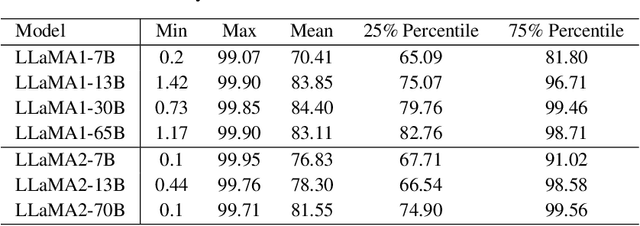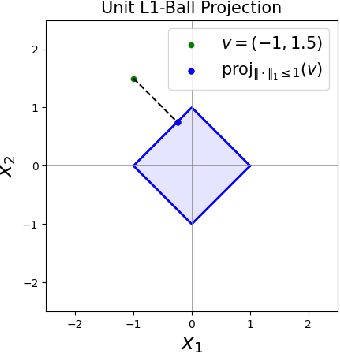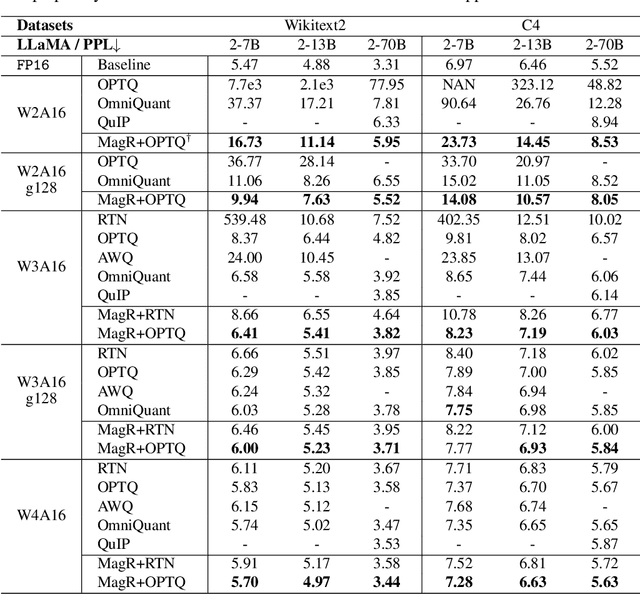Yanxia Deng
CLoQ: Enhancing Fine-Tuning of Quantized LLMs via Calibrated LoRA Initialization
Jan 30, 2025



Abstract:Fine-tuning large language models (LLMs) using low-rank adaptation (LoRA) has become a highly efficient approach for downstream tasks, particularly in scenarios with limited computational resources. However, applying LoRA techniques to quantized LLMs poses unique challenges due to the reduced representational precision of quantized weights. In this paper, we introduce CLoQ (Calibrated LoRA initialization for Quantized LLMs), a simplistic initialization strategy designed to overcome these challenges. Our approach focuses on minimizing the layer-wise discrepancy between the original LLM and its quantized counterpart with LoRA components during initialization. By leveraging a small calibration dataset, CLoQ quantizes a pre-trained LLM and determines the optimal LoRA components for each layer, ensuring a strong foundation for subsequent fine-tuning. A key contribution of this work is a novel theoretical result that enables the accurate and closed-form construction of these optimal LoRA components. We validate the efficacy of CLoQ across multiple tasks such as language generation, arithmetic reasoning, and commonsense reasoning, demonstrating that it consistently outperforms existing LoRA fine-tuning methods for quantized LLMs, especially at ultra low-bit widths.
MagR: Weight Magnitude Reduction for Enhancing Post-Training Quantization
Jun 02, 2024



Abstract:In this paper, we present a simple optimization-based preprocessing technique called Weight Magnitude Reduction (MagR) to improve the performance of post-training quantization. For each linear layer, we adjust the pre-trained floating-point weights by solving an $\ell_\infty$-regularized optimization problem. This process greatly diminishes the maximum magnitude of the weights and smooths out outliers, while preserving the layer's output. The preprocessed weights are centered more towards zero, which facilitates the subsequent quantization process. To implement MagR, we address the $\ell_\infty$-regularization by employing an efficient proximal gradient descent algorithm. Unlike existing preprocessing methods that involve linear transformations and subsequent post-processing steps, which can introduce significant overhead at inference time, MagR functions as a non-linear transformation, eliminating the need for any additional post-processing. This ensures that MagR introduces no overhead whatsoever during inference. Our experiments demonstrate that MagR achieves state-of-the-art performance on the Llama family of models. For example, we achieve a Wikitext2 perplexity of 5.95 on the LLaMA2-70B model for per-channel INT2 weight quantization without incurring any inference overhead.
 Add to Chrome
Add to Chrome Add to Firefox
Add to Firefox Add to Edge
Add to Edge